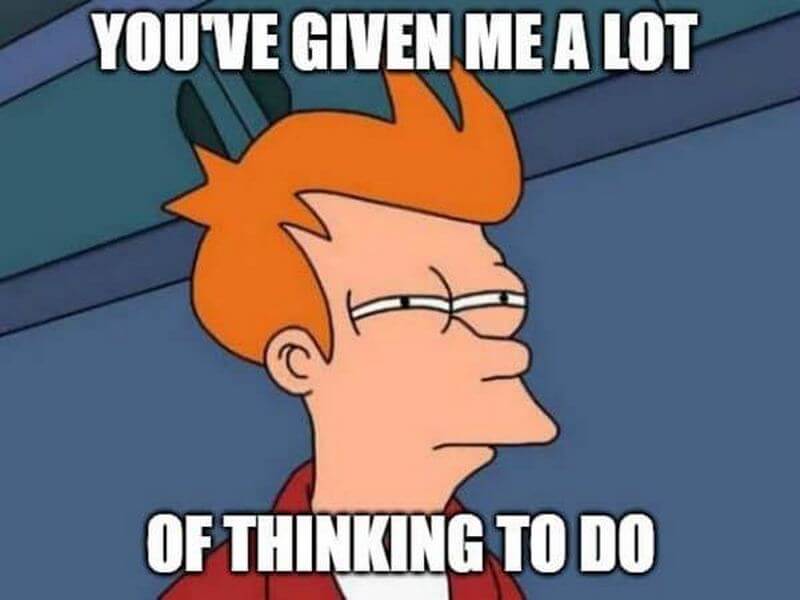bobcat
Well-known Member
- Location
- Northern Calif
This philosophy has been adopted by many, and it makes sense because there are thousands of thoughts that go through your mind everyday, but they are not you. But that being the case, whoever or whatever I think I am, they are just thoughts, and therefore not me. If I am not the thinker, only an observer, then are my thoughts about who I am just an illusion?
How do I define who I am without tying myself to thoughts about myself? Is the concept of me merely a hallucination?
How do I define who I am without tying myself to thoughts about myself? Is the concept of me merely a hallucination?




